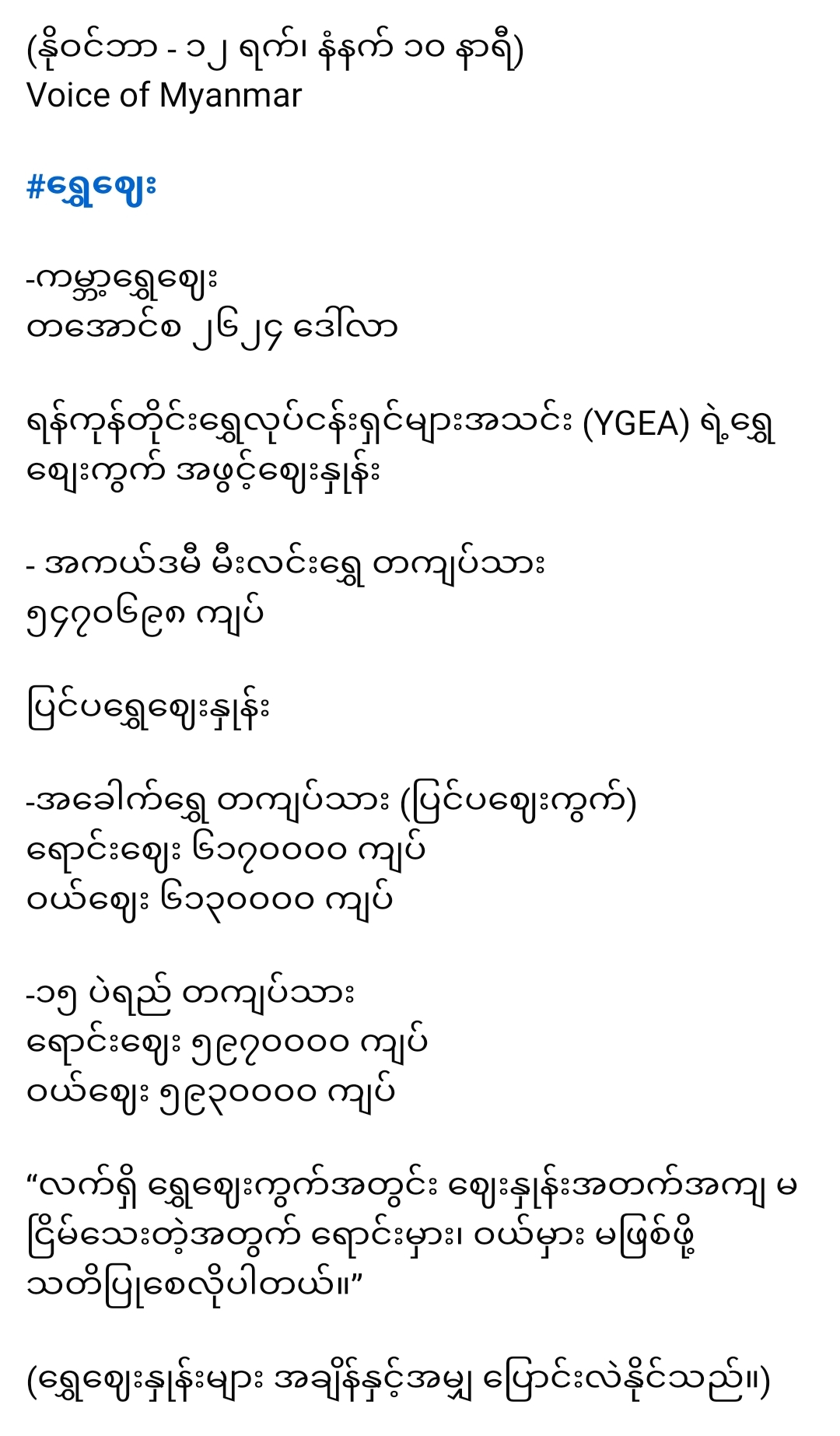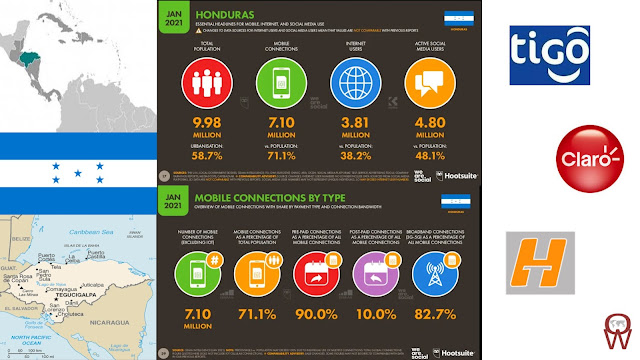
Telecommunication companies in Honduras
Honduras has a growing telecommunications sector, which plays a crucial role in the country’s digital connectivity and economic development. The telecommunications landscape in Honduras includes several major players, including international and regional operators that provide a range of services, including mobile, broadband internet, fixed-line, and cable television. Here’s an overview of the key telecommunications companies and trends shaping the market in Honduras.
1. Tigo Honduras (Millicom)
Tigo, owned by the Luxembourg-based Millicom International Cellular, is the largest and most popular telecommunications provider in Honduras. Tigo’s presence in Honduras is significant, and it offers a comprehensive suite of services, including mobile, fixed-line, broadband, and television. The company has invested in expanding its 4G and LTE coverage across the country, which has enhanced connectivity in urban and rural areas alike. Tigo is known for offering competitive data and calling plans and provides bundled services to attract various customer segments. Additionally, Tigo Honduras has been a key player in the development of digital services, such as mobile payments and other value-added services that promote financial inclusion.
2. Claro Honduras (América Móvil)
Claro, part of the Mexican telecommunications giant América Móvil, is another prominent provider in Honduras. Like Tigo, Claro offers a full range of services, including mobile, fixed-line, broadband, and digital TV. Claro’s mobile services are especially popular, and the company has worked to expand its 4G and LTE networks, enabling faster data services for customers across the country. Claro’s competitive pricing and promotional offers appeal to a wide demographic, from young users to families looking for affordable connectivity. Claro is also an active player in the local market, regularly running promotions and working on infrastructure projects that enhance its coverage and network quality.
3. Hondutel (Honduran Telecommunications Company)
Hondutel is the national telecommunications company, owned by the government of Honduras. Established to provide fixed-line services, Hondutel has faced challenges in recent years as mobile usage and private competitors have grown. However, Hondutel continues to play a role in the telecommunications market, primarily through fixed-line and internet services. The company has recently explored partnerships to strengthen its services and reach, and the government has proposed various modernization efforts to keep Hondutel competitive. While it faces competition from Tigo and Claro, Hondutel has an established customer base and is a crucial part of Honduras’ telecommunications infrastructure.
4. Digicel Honduras
Digicel is a regional telecommunications provider that operates in several Caribbean and Central American countries, including Honduras. Though it is a smaller player in comparison to Tigo and Claro, Digicel has made strides in mobile services, particularly in underserved areas. Known for its affordable data packages, Digicel primarily targets younger demographics and users who prioritize cost-effective connectivity. While its market share is relatively modest, Digicel adds diversity to the telecommunications landscape in Honduras, offering competition that benefits consumers through better pricing and services.
5. Trends and Challenges in the Honduran Telecommunications Market
The telecommunications sector in Honduras is experiencing rapid change, driven by technological advancements, increasing demand for mobile internet, and a growing emphasis on digital inclusion. The government and companies are investing in expanding 4G LTE networks, which improves internet quality and coverage. However, the country still faces challenges in closing the digital divide, particularly in rural and underserved regions where access to high-speed internet remains limited.
Honduras has also seen increased smartphone adoption, driven by affordable models and competitive mobile data pricing. This trend has led to a surge in mobile internet usage, especially among younger Hondurans, which is shaping consumer demand and forcing providers to offer more flexible data and calling packages. Additionally, mobile payment services like Tigo Money have gained traction, enabling financial transactions for people without bank accounts and fostering financial inclusion.
The country’s telecommunications regulatory framework is overseen by the National Telecommunications Commission (CONATEL), which sets regulations, manages spectrum allocations, and ensures competition within the sector. While the market is relatively liberalized, regulatory challenges persist, including the need to foster a level playing field for smaller operators and to address issues of quality and affordability.
6. Future Outlook
The future of telecommunications in Honduras looks promising, with continued growth expected in mobile data services and broadband internet. As companies invest in 5G infrastructure and expand their reach, the quality of connectivity is likely to improve. There is also a strong focus on digital transformation, with the potential for further growth in services like cloud computing, mobile financial services, and e-commerce.
In summary, the telecommunications industry in Honduras is marked by major players like Tigo, Claro, Hondutel, and Digicel, each competing to provide the best mobile, internet, and digital services. As demand for data and connectivity rises, these companies are continuously innovating and expanding their services, although challenges in affordability and rural access remain. The sector’s future growth is likely to be influenced by regulatory developments and technological advancements, making telecommunications an essential part of Honduras’s economic landscape.




Leave a Reply